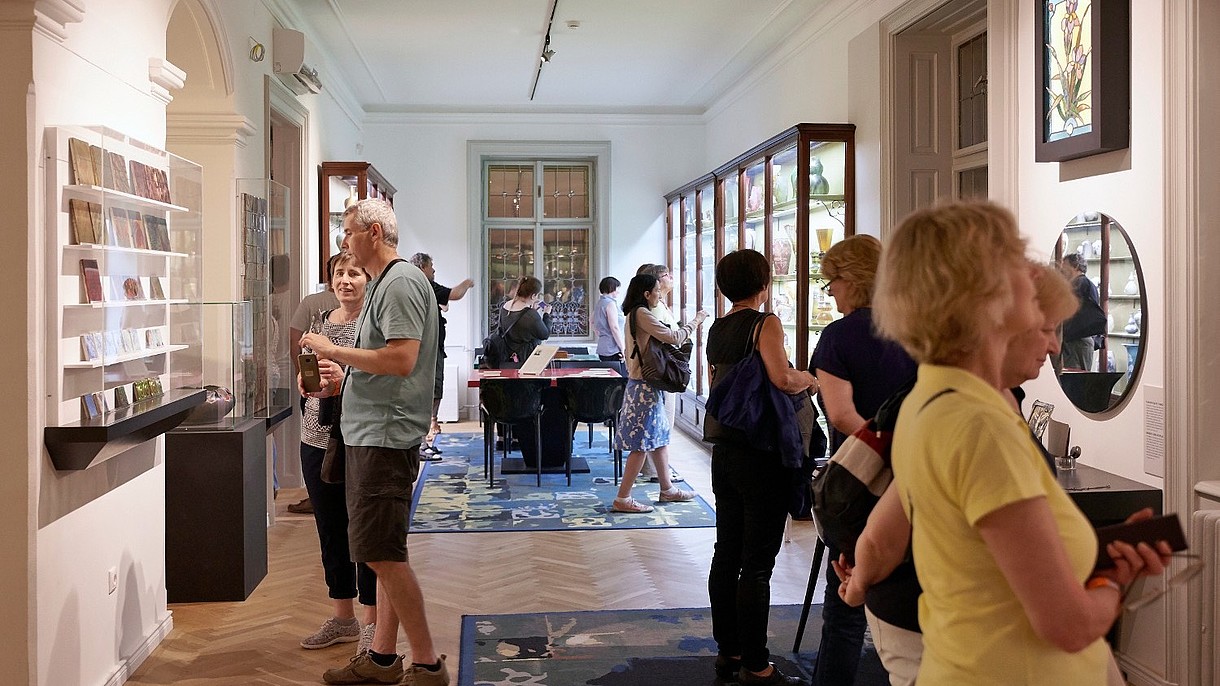NEMO was actively participating in the European Year of Cultural Heritage 2018 (EYCH 2018) and applauds this strategic approach to cultural heritage and to keep building on the legacy of the EYCH 2018. The diversity of European cultural heritage and its many benefits are highlighted in the document. Cultural heritage provides a driving power for growth and employment, has proven educational benefits, provides new opportunities and strengthens intercultural relations.
The resolution brings forward some key factors that all highlight the importance of cultural heritage.
Recognising the value of cultural heritage
- Cultural heritage helps us reflect on and critically engage with history. It promotes diversity, dialogue, cohesion, solidarity and mutual understanding as well as enriching knowledge of our tangible, intangible, natural and digital assets.
- The importance of languages as enablers and promoters of the richness and diversity of European cultural heritage. Greater action needs to be taken to protect, develop and promote language diversity.
- Include the cultural heritage of the minorities present in Europe.
- Promote and supporting European and pan-European cultural events and traditional cultural festivals.
Education and skills
- All kinds of formal, non-formal and informal education benefit from cultural heritage.
- Develop high-quality e-learning initiatives to make learning about cultural heritage more accessible and to enhance heritage-related skills across Europe.
- Ensure that future initiatives on the preservation of cultural heritage include the continuation of necessary practices and knowledge.
Digital cultural heritage
- Recognises the importance of digital cultural heritage.
- Emerging technologies brings new possibilities for capturing, preserving and visualising cultural heritage as well as for processing, analysing, reconstructing and developing applications for it.
- Underlines the need to promote digitised archives, as well as to improve the digital skills of the public.
- Calls for increased cooperation between Member States as well as the relevant sectors in order to comprehensively promote digitised cultural heritage.
- Underlines the need to develop a comprehensive EU framework with adequate funding for the protection and promotion of digitised and born-digital cultural heritage.
Economic potential and sustainability
- Emphasises that the cultural heritage sector contributes to economic development with noteworthy spill over effects in other economic sectors. There is also a strong correlation between cultural heritage and sustainable development.
- Putting strong mechanisms in place for an inclusive promotion of cultural tourism toward local communities and economies and to lifestyles and traditions, striking a balance between economic, social, cultural and environmental requirements.
- Proposing concrete actions for preserving and protecting cultural heritage from natural and human-made risks.
Towards a strategic approach to cultural heritage
- Calls on the Commission to adopt a more integrated approach towards cultural heritage, giving equal treatment to tangible, intangible, natural and digital heritage and approaching these dimensions as being interconnected and inseparable.
- Stresses the need to establish and properly support a permanent platform, with organised civil society at its core, for cooperation and coordination on cultural heritage policies at all levels.
- Calls for a strategic cooperation between the European Union and other international organisations, in particular UNESCO and the Council of Europe, in order to better coordinate efforts and common standards in preserving and promoting cultural heritage and exchange best practices.
- Stresses the need for increased funding for cultural heritage and culture more broadly in the post-2020 Multiannual Financial Framework (MFF).
- Carrying out a comprehensive analysis of the impact of the pandemic on the relevant sectors and the cultural heritage sector in particular and offering adequate and targeted financial support. Including the cultural and heritage dimension of European integration in the strategic topics for discussion in the forthcoming Conference on the Future of Europe.




